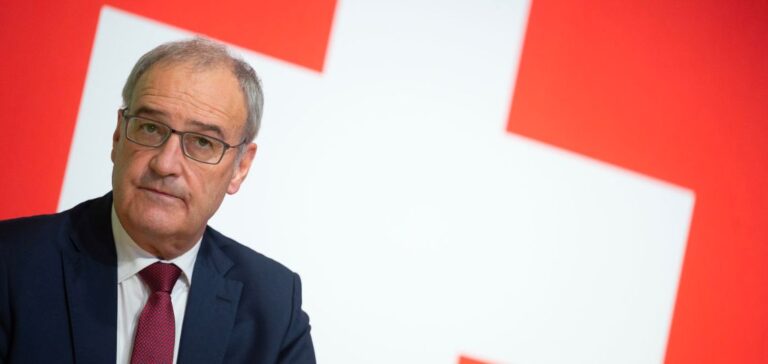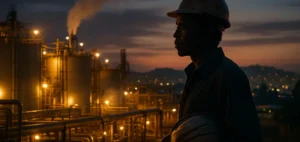Switzerland launches its energy saving campaign. In fact, the Federal Council wants to encourage consumers and companies to save energy in order to avoid potential shortages.
The slogan “Energy is scarce. Let’s not waste it” invites the Swiss population to make efforts to limit their consumption. This campaign is expected to run until April 2023.
Switzerland launches a voluntary campaign
The objective of this campaign is to recall the current context and to raise awareness in Switzerland. This is to avoid a shortage situation.
The campaign contains a series of recommendations for saving money in the household. In fact, they mention the reduction of the heating temperature and the reduction of hot water consumption. She also advises turning off electrical appliances or lights when not in use.
Recommendations to the industry are conveyed through thermal images. These show how quickly energy can be wasted if action is not taken.
Guy Parmelin, Federal Councillor in charge of the economy, said that this campaign is a call for voluntary savings. However, this is the starting point for a series of increasingly stringent measures.
Thus, bans and rationing will be foreseen if economies fail to avoid shortages.
In addition, a draft decree is currently being validated. The latter provides for a ban on gas for heating vacant buildings, swimming pools, spas or saunas. In addition, gas will not be allowed to be used in fireplaces and heated tents.
These measures contain several exceptions regarding potential rationing. In fact, they do not cover certain services such as hospitals, retirement homes, police, firefighters and wastewater treatment.
A context of crisis
These measures are part of the energy crisis. Last week, Switzerland aligned itself with the decision of the European Union, which aims to save 15% of gas for the winter. The Swiss objective is to reduce gas demand by 15% during the period from October to March. This is compared to the average consumption of the last five years.
Gas consumption in Switzerland is strongly linked to heating needs. In this sense, three quarters of the gas is consumed in winter.
At the same time, no action has been taken on rising energy prices. In fact, the Swiss government does not see the need for it at this time. He states in this regard:
“The Federal Council is of the opinion that the price increases recorded so far are bearable for households.”
However, Switzerland is committed to analyzing developments in the energy markets and their impact on the country. This will allow it to take action if necessary.





















